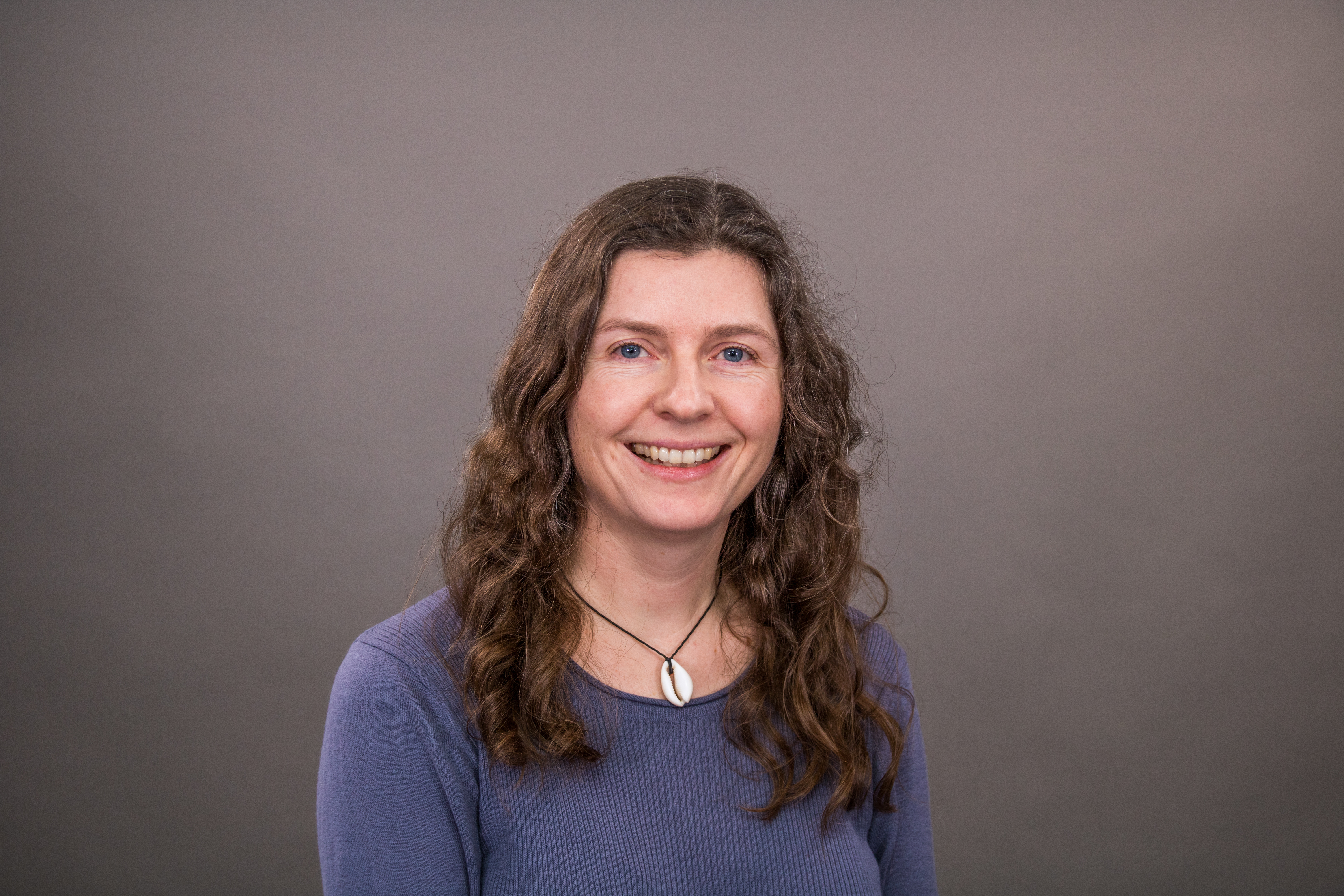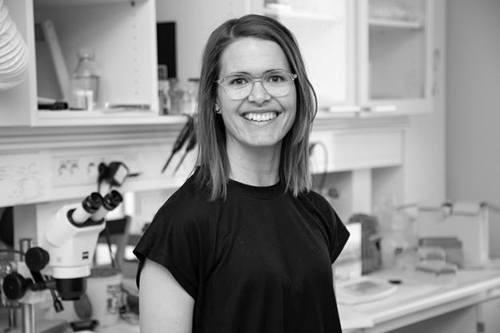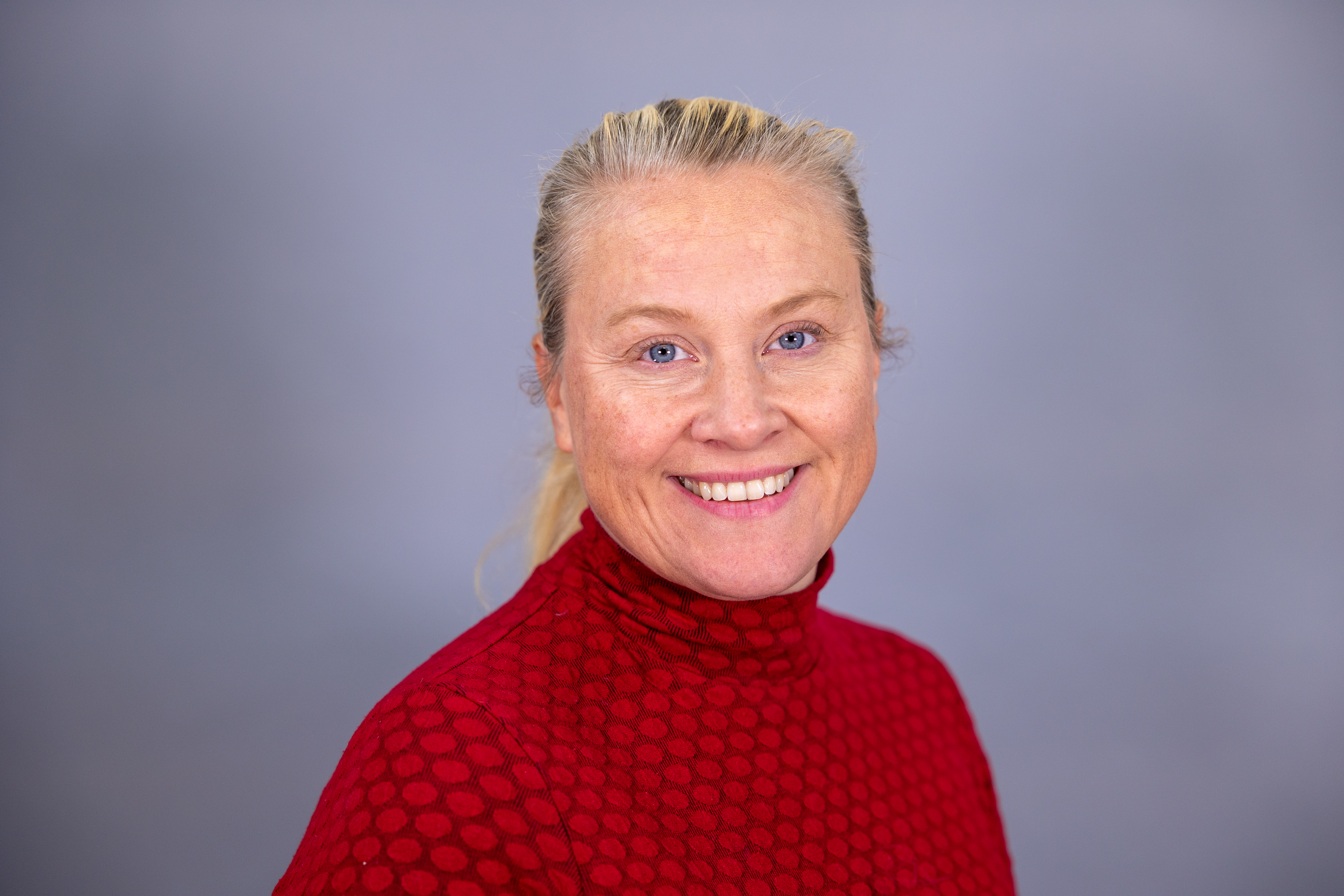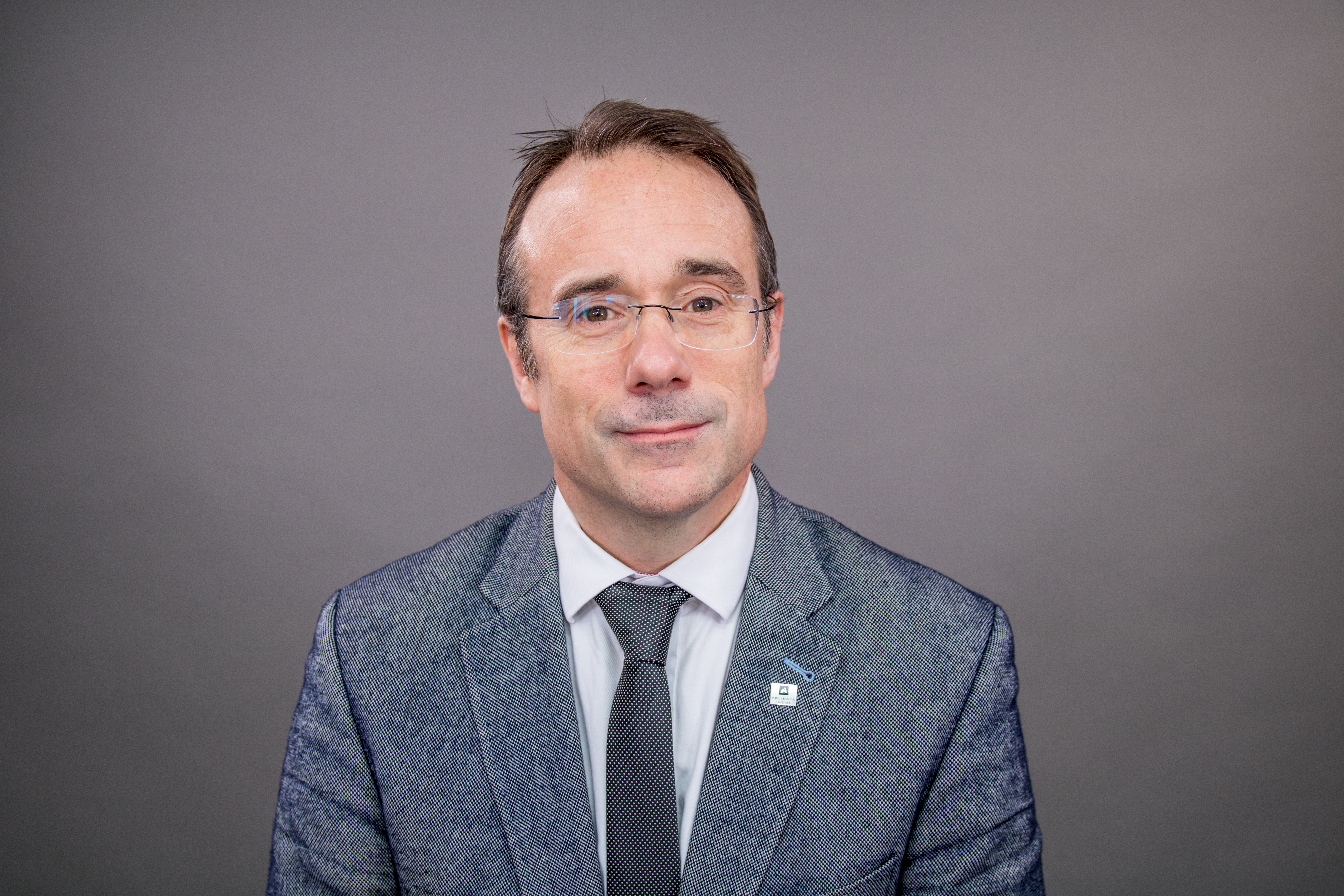Large increase in women with top level competence at HVO
Volda University College's work to increase the gender balance through participation in the BALANSE-programme and Promotion for Women has paid off.

Mange tilsette ved HVO har fått opprykk til professor eller dosent, og særleg kjekt er det at mange av desse er kvinner. Foto: Høgskulen i Volda.
Since 2016, Volda University College has doubled the number of women in research positions with top level competence. In the last year alone of reporting, five female employees has advanced professionally to full professor or docent, which is an increase from 26 to 37 percent.
– This is a very pleasing result. The Norwegian Research Council says that research gets better when both sexes participate in the research, says Henriette Hafsaas, Head of Research at Volda University College (Høgskulen i Volda - HVO). She explains further that the number of people who become a associate professor is roughly equal between both sexes, but only one out of three people on professor level are women.
HVO received funds from The Norwegian Research Council through the BALANSE-programme (Programme on Gender Balance in Senior Positions and Research Management) for the period 2021-2022, and the university’s own Balanse-project is called «Kvinneløftet» (Promotion for Women). The overall aim of the project is to increase the number of women with top level competence, and the work at HVO has paid off.

Henriette Hafsaas is project manager and head of research at HVO. Photo: Tone Solhaug / HVO
– This is a university college with a predominance of female students. I think it’s important for the students to meet female role models with research qualifications in the classroom, Hafsaas says. She is also the Project Manager for Promotion for Women at HVO.
– This is an important project that has contributed greatly to increase the number of female employees having obtained top level competence, or are working on it. I hope that the project has demystified this thing about advancing professionally, and that it’s natural for female employees to set themselves goals of achieving top level qualification and competence, says Johann Roppen, Rector of HVO.
Can lead to better research
Through Promotion for Women, HVO has implemented targeted measures which are particulary aimed at increasing the number of female associate professors achieving top level competance and becoming full professors through the right motivation and support. Some of the measures are mentoring and courses with focus on writing a scientific article.
Others were the annual promotion seminar on Women's Day at March 8th, a research management programme and establishing a local network for women in research, for which Trude Carlsen, counsellor in the research administration at HVO, is the coordinator for.

Trude Carlsen is counsellor in the resarch administration at HVO and coordinator for the local woman reasearchers' network
– Gender balance is important since women and men are different, or have different experiences, and can therefore contribute to the exploration of research questions from different perspectives and points of view. This can lead to better research and new innovative knowledge, Carlsen continues.
Both women and men have participated in the mentoring scheme towards top level competence. In 2022, there are ten candidates in the scheme, and seven of them are women. It’s organiseded through four meetings annualy and the candidates have the opportunity to connect with a mentor whilst they are in the process of and working with their application for promotion.
Got promoted to full professor
Wenke Mork Rogne is one of the women who has participated in the Promotion for Women activities. She got promoted to full professor in September 2022, and says that she got a lot of support from HVO on her way to becoming a full professor.
– It takes a lot of hard work and personal effort to get top level competence approved, as you got to have scientific work that’s equivalent to three doctorates, in addition to extensive teaching experience and education. I was consequently relieved when I found out that I became a full professor in Norwegian didactics in September, Rogne says.
After she completed her dissertation in November 2014, Rogne worked systematically to achieve competence towards becoming a professor. For three years she received professor grant from HVO, which included financial support and exemption from teaching.

Wenke Mork Rogne was promoted as professor in Norwegian didactic method in September. Photo: Lea Albertsen / Volda University College
Wants to replace the stereotypical professor
When Promotion for Women came along, several opportunities opened up. Amongst them where to meet up and exchange experiences with colleagues, discuss application drafts for promotion, get information about what’s required to achieve top level competence, as well as financial support schemes. Rogne says that Promotion for Women and the network has been very useful for her.
– Even though I am ultimately responsible for publishing articles and writing applications, it has been helpful to know that I have a network of individuals who can assist and support me while I work through this, says Rogne.
– But perhaps the most significant shift brought about Promotion for Women, which we know is important on both national and worldwide level, has been in the perceptions of colleagues toward Volda University College professors. The stereotype of the middle-aged professor with white hair and glasses has been replaced by a new type of professor. A professor who elaborates in teams, who encourage and motivates colleagues, in addition to teaching students, managing and supporting research work and initiating new prosjects.
That is the kind of professor Wenke Mork Rogne wants to be, she says.
– It’s important that women get in top positions
– Many of the women, and to a lesser extent the men, have received professor or docent grants, a scheme that rector Johann Roppen was involved in starting back in the days. The grants, and the fact that grants are prioritized, probably contributes to the fact that we now got a real boost in competence enchancement at HVO, says Henriette Hafsaas.
Roppen says that the grants got introduced in 2014. To this date, sixteen HVO employees have received either the professor grants or docent grants. So far, nine of them have received promotion. Six of them are women, and three of them are men.
– These nine employees make a third of the professors and docents at HVO. This, in my opinion, proves that the approach is sound and effective. I believe the employees agree because we receive more applications for grants with each announcement, Roppen says.

– It's important that woman get top positions, says Rector Johann Roppen. Photo: Tone Solhaug, Volda University College.
– It’s essential that women get in top positions, as this is one of the last male bastions in academia. Volda University College has had a majority of female students for a hundred years, but it’s only in the last decade that women have been in the majority among the academic staff, Roppen adds.
More female role models in academica
– The growth in competence is very welcomed at HVO, but the job to boost the proportion even more is not done, says the Head of Research. She also hopes that the women`s network and the other measures from Promotion for Women continues after the project in the Balanse-programme expires.
– It’s still necessary that HVO focuses on expanding the percentage of women with top competence. We see that it yields fruit when we focus on it, work consistently with skills development and that the employees receive assistance and mentorship when they are ready to prepare their application for promotion, Hafsaas says.
– Now it’s time for them to take that last step and that we also get a solid balance in the top positions at HVO. That's good for the individuals, good for the university college, good for society – and for all girls and female students who gets more female role models in academia, rector Johann Roppen adds.






